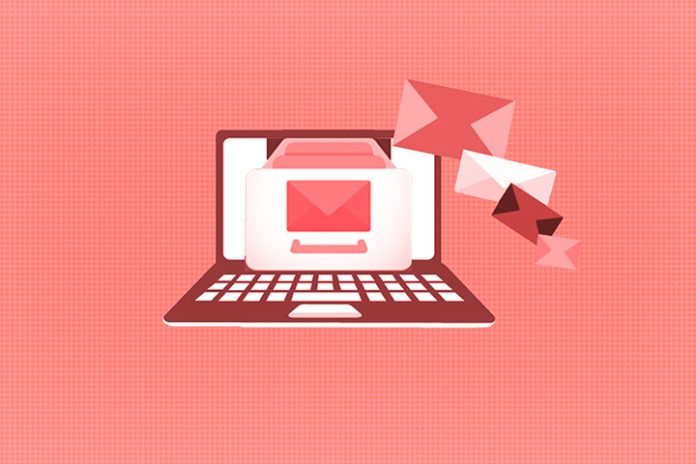Discover the importance of email archiving and learn why it is essential. From legal compliance to quick access to reducing the load on mail servers – discover the 4 convincing reasons for email archiving in our magazine now.
Introduction
There is no denying that email is one of the most important means of communication in modern business. Every day is littered with emails and businesses rely on them to contact customers, schedule appointments, and more. Email is not only an efficient means of communication, but also an important archive of information, documents and business transactions. With the growing number of emails landing in our inboxes every day, reliable email archiving is crucial and offers many benefits. In our magazine article we give you 4 reasons for good email archiving.
Keep emails safe and recover lost emails
Archiving emails protects important communication histories and business information and can be recovered in the event of data loss, hardware failure, or ransomware attack. A reliable email archiving system ensures that all business-critical messages are stored securely and protected from unauthorized access. This means business operations continue to run smoothly and do not cause unnecessary disruptions. Email archiving not only offers security, but also valuable reassurance when dealing with emails.
Legally compliant storage
Email archiving is an essential part of compliance programs and companies must ensure they comply with relevant regulatory requirements. Emails with business content, such as annual financial statements, accounting receipts or inventories, must be retained for 6-10 years, depending on the case – this applies to emails sent as well as emails received. The archiving solution helps companies meet these legally compliant retention rules. Email archiving helps you minimize legal risks in the event of disputes, investigations or audits, as it helps to provide complete evidence.
Quick access
Another advantage of email archiving: it offers companies quick access to critical data that is essential for business decisions and processes. When a company maintains control over its email communications, it can access relevant information more quickly so that the work process runs more smoothly. Instead of spending more time manually searching for information in different emails, employees can access the information they need directly thanks to email archiving. The search can be simplified based on various criteria, such as date, sender, subject or content words. This is particularly important when processing customer inquiries, searching for contract details or reviewing communication histories. A powerful archiving system enables quick and precise searches in large email databases and significantly increases employee productivity.
Relieving the load on the mail servers
As email activity progresses across multiple users, it becomes increasingly difficult to maintain mail server performance. Archiving removes older and less relevant emails from primary storage systems and transfers them to an archive. This relieves the capacity limits of the email server and improves performance. Companies can also save costs for expanding or replacing email servers.
Conclusion
Archiving emails is essential for companies. The advantages are diverse and contribute significantly to efficiency, security and legal compliance. By ensuring the security and recoverability of data, companies can be protected from data loss and cyberattacks. Legally compliant storage enables compliance with legal requirements and prevents possible legal consequences. Quick access to information makes daily work easier and increases employee productivity. At the same time, the email servers are relieved, which leads to improved performance and cost savings.
Also Read: Eight Things To Keep In Mind When Creating Email Marketing

